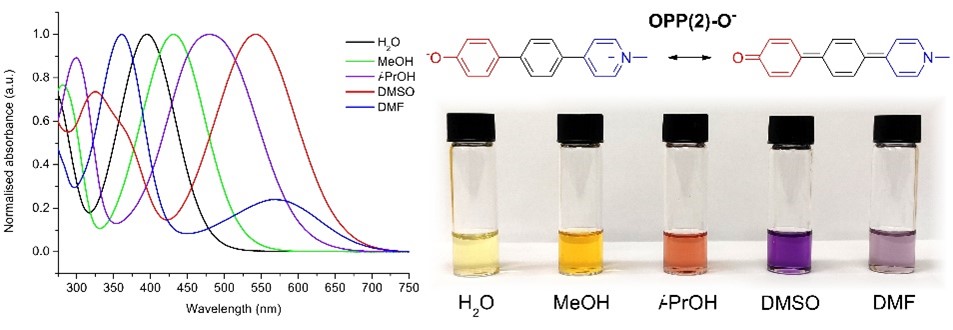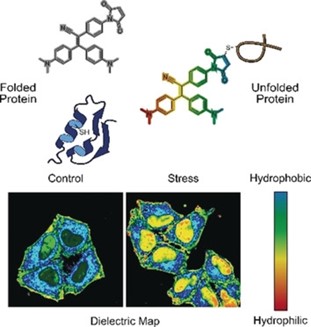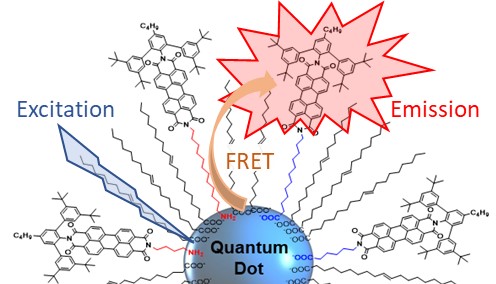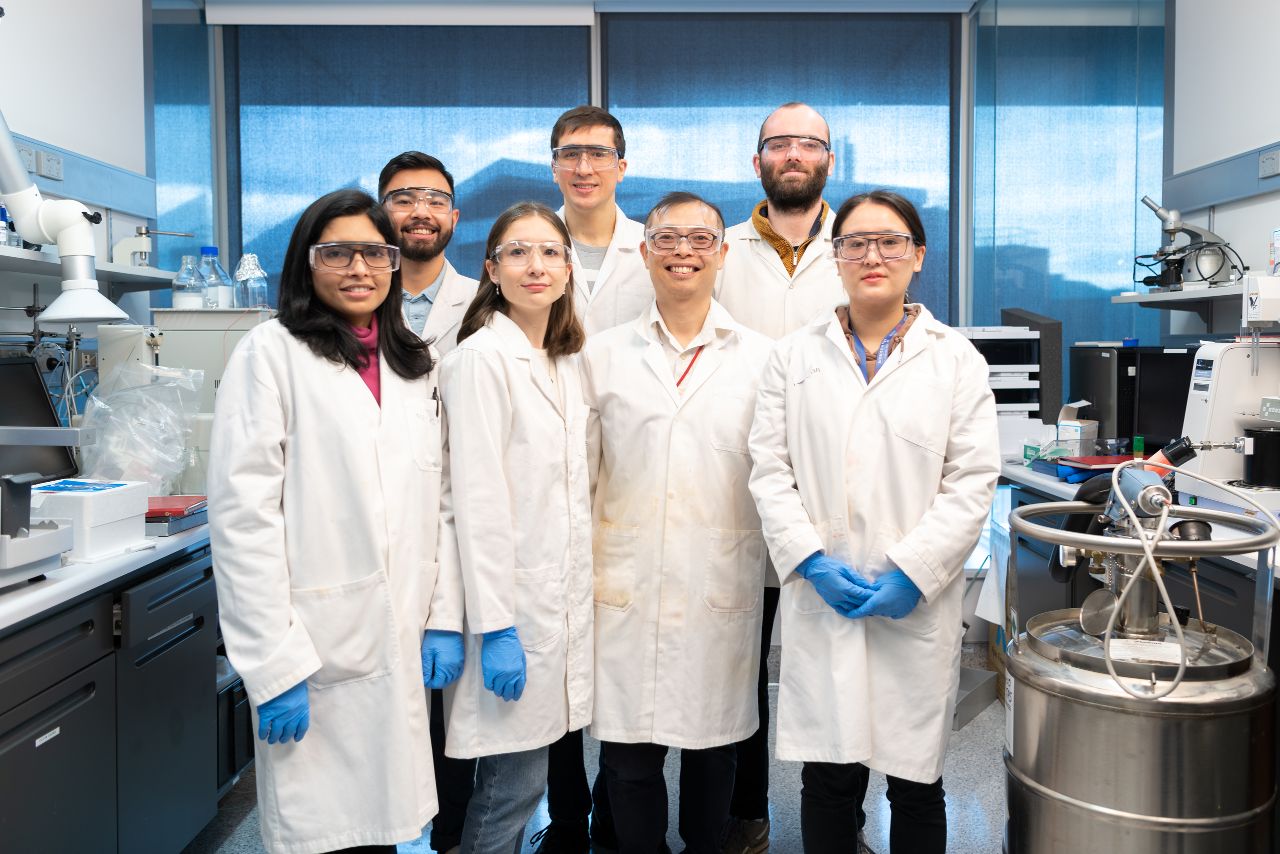 Associate Professor Wallace Wong is a synthetic organic chemist in the School of Chemistry at the University of Melbourne and a Chief Investigator in Exciton Science. He is a member of Organotronics – the Functional Organic Materials Laboratory.
Associate Professor Wallace Wong is a synthetic organic chemist in the School of Chemistry at the University of Melbourne and a Chief Investigator in Exciton Science. He is a member of Organotronics – the Functional Organic Materials Laboratory.
Wallace has extensive experience in organic semiconductor and fluorophore development.
He works on new light harvesting systems, and the development of flexible electronics with applications in security, sensing and photovoltaics.
Wallace is currently seeking students to conduct projects in:
Master of Industrial Research (Chemistry)
If you’re keen to work in industry-based research – perhaps engineering new-generation materials, perhaps bringing new pharmaceuticals to market – then get your career off to the best possible start with the Master of Industrial Research (Chemistry).
The core of this unique degree is a major industry-based research project, but you’ll also extend your chemistry skills, and cover commercially relevant topics including entrepreneurship, IP law and chemical regulations frameworks.
For more information and to apply, go to: https://excitonscience.com/master-industrial-research-chemistry-smart-energy-coating-development
Electron donor-acceptor push-pull dyes can have a strong molecular dipole that interact with the surrounding environment. This project will design and synthesize new push-pull dyes as environment sensors as well as examine their application as diodes in molecular electronics.

Photochemical Upconversion Emitters
Photochemical upconversion enabled the conversion of low energy photons to higher energy photons. This process can be used in solar cells to increase their efficiency. This project will involve design and synthesis of upconversion emitters for application in solid state devices.

Precision Synthesis of Conjugated Polymers
Controlled polymerization will be combined with iterative coupling to produce conjugated polymers with unprecedented molecular weight and structure control. There will be collaborative work with Prof Dwight Seferos at the University of Toronto with opportunity to travel.
Thermally-activated Delayed Fluorescence (TADF) Materials
TADF emitters are in the so-call 3rd generation of light emitting materials showing high light emitting diode efficiency without the use of precious transition metals such as iridium. We are studying the behaviour of TADF emitters in optical cavities with an aim towards polariton laser applications. We also have interest in using TADF emitters as photocatalysts.
Multifunctional Fluorophores for Chemical Sensing and Biological Imaging
The structure of organic fluorophores can be finely tuned to achieved desired photophysical properties as well as include ‘warheads’ for bio-orthogonal chemistry. Our group has recently reported a class of fluorophores for biological imaging that 1. Shows fluorescence turn-on when bound to proteins; 2. Shows solvatochromism; and 3. Possesses a maleiamide that selectively reacts with cysteine residues. This project will expand the range of these multifunctional dyes to include new bio-orthogonal chemistry.

Inorganic Nanocrystal – Organic Dye Hybrids
Controlling the interactions between inorganic nanocrystals and organic dyes will enable the creation of novel hybrid materials with applications in solar energy conversion and catalysis. However, getting precise control is non-trivial as multiple parameters can affect interactions including nanocrystal surface chemistry, the chemistry of the dye anchor, and the shape and size of both the nanocrystal and the dye. This project will build such hybrid materials for energy conversion.

How to enquire and apply
To read more about Wallace’s career, go to: https://excitonscience.com/users/assoc-prof-wallace-wong or https://findanexpert.unimelb.edu.au/profile/163474-wallace-wong
To contact Wallace directly about research opportunities, email wwhwong@unimelb.edu.au
For general information about scholarships available through the University of Melbourne, go to: https://science.unimelb.edu.au/study/scholarships
For specific enquiries about scholarships and stipends available through Exciton Science, contact info@excitonscience.com

The Wong group pictured in 2021


